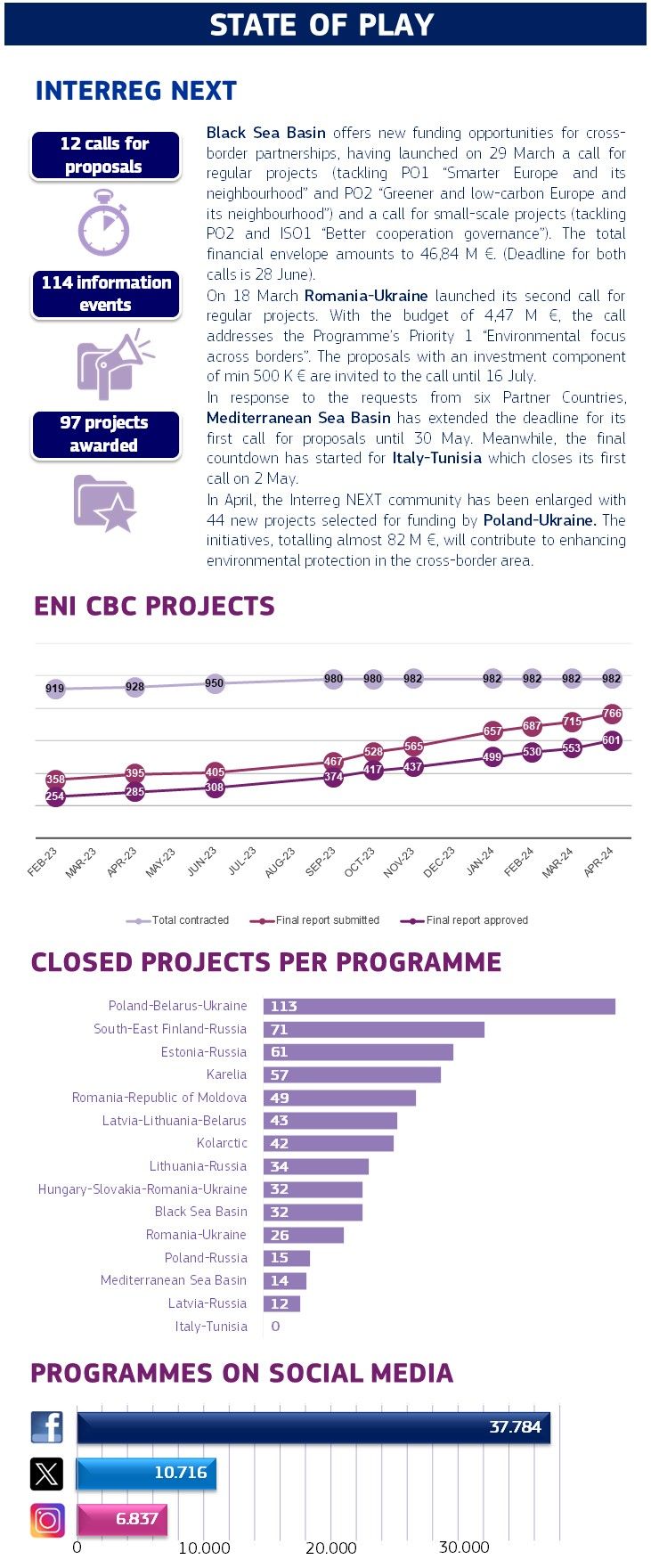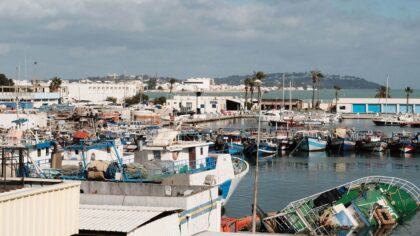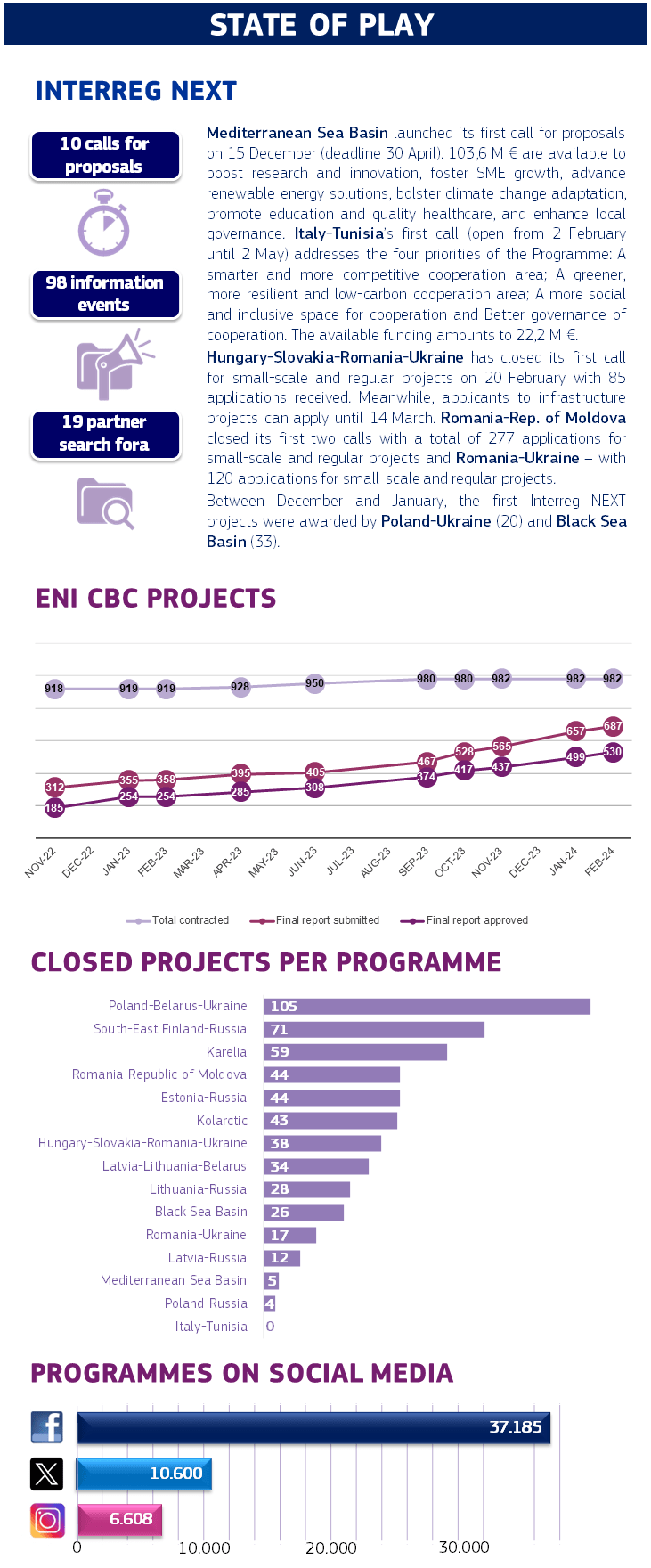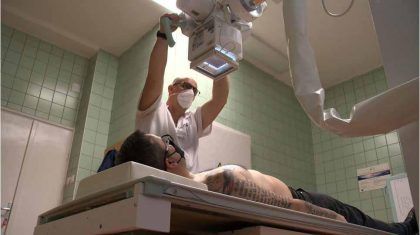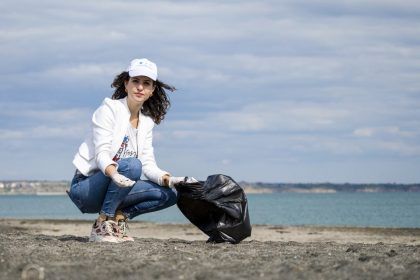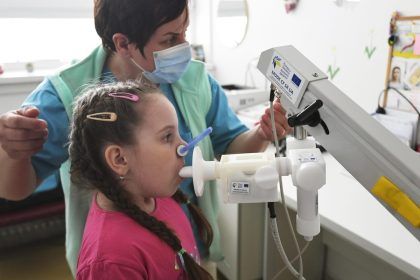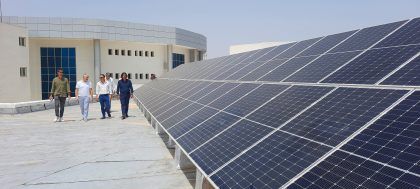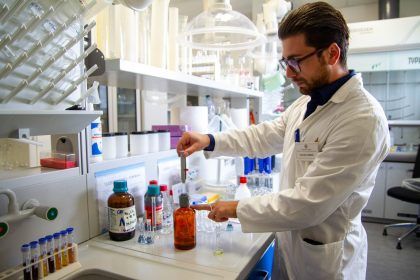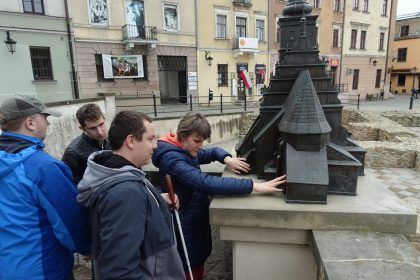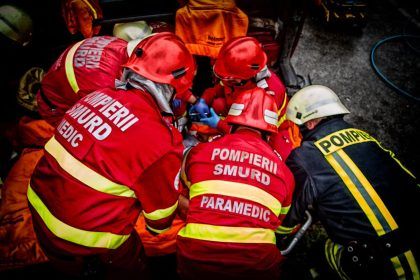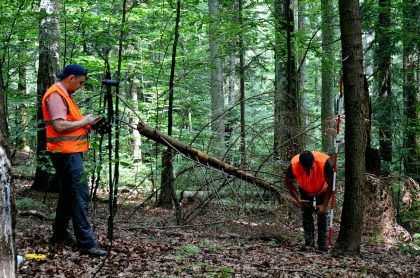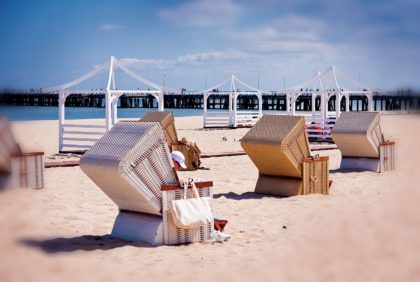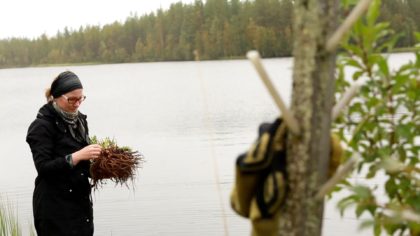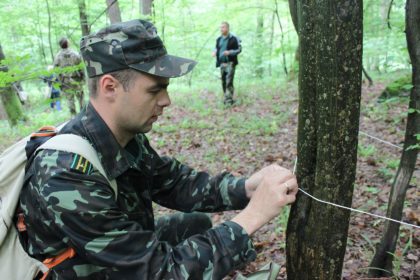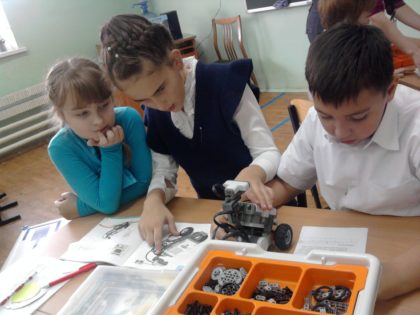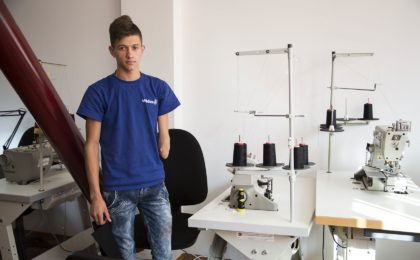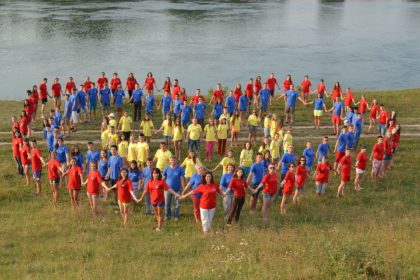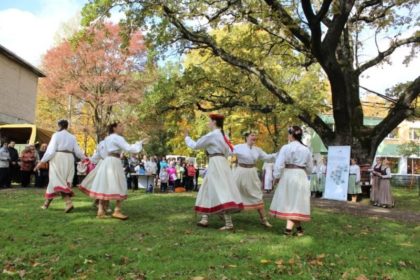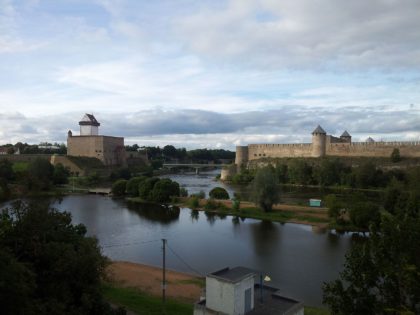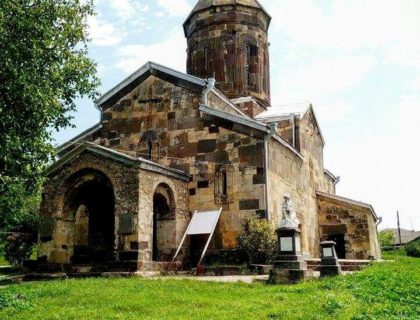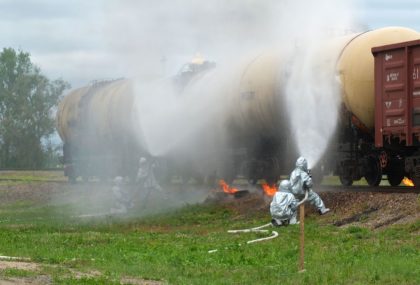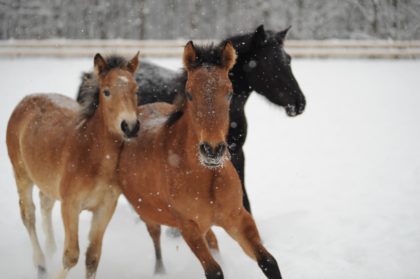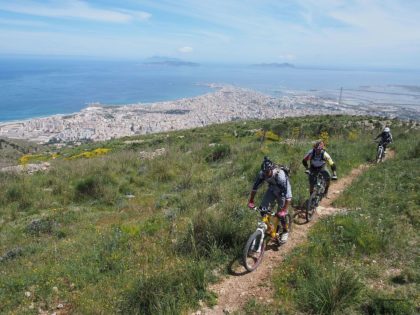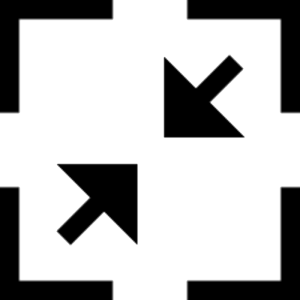Seven Interreg NEXT (Neighbourhood External) programmes have been approved in 2022, for a (current) envelope of 735 million EUR. Five of them involve Ukraine and the Republic of Moldova, highlighting the key role of the Eastern partners in facing the consequences of the Russian aggression. Cooperation in the South remains also a priority for the Union.
Neighbourhood external cooperation programmes

Borders may be obstacles, but also opportunities. Borders may separate, but they can also connect. The external borders across the European Union are an inspiration for people to work together and make the territories on both sides greener, more prosperous, more connected, and more inclusive. The cooperation across the EU external borders aims at improving the living conditions of regional communities, by finding common solutions to common challenges.
INTERREG Next
- 23 Member States and Partner Countries
- 7 Interreg NEXT programmes
- EUR 735 million EU funds (current allocation)
- Over 2.000 km of 5 land borders
- 2 sea basins
- 1 sea crossing
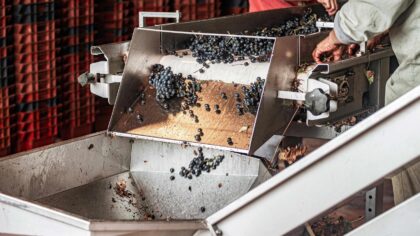
What to do with all that waste? From grapes to beauty products
TUNISIA – Grapes, the jewels of the vineyards, yield at global level approximately 74 million tons of wine each year. Yet, alongside the production of wine comes a significant by-product: pomace — a mix of peels, seeds, and stems. Typically, this pomace meets one of two fates: animal feed or open-air fertilizer at best. However, recent research reveals a hidden treasure trove within this waste. Bursting with bioactive substances like antioxidants, pomace possesses benefits ranging from anti-aging to anti-cancer properties. The ENI CBC BESTMEDGRAPE project, spanning the Mediterranean from north to south, capitalizes on this untapped resource, blending knowledge, tradition, and innovation to empower both the grape sector and creative entrepreneurs.

We are proud of the innovation projects spurred in Arctic technology

We learnt how well we can handle obstacles when joining forces
Next Programmes
ENI CBC Programmes
A total of 16 programmes will be implemented under ENI CBC. They cover 12 land borders, one sea crossing and three sea basins, stretching from Finland and Russia in the north, to countries like Hungary and the Ukraine in the east, and Italy, Northern Africa and the Middle East in the south.
Here you will find news and information on each programme, including the programme strategy and participating countries.
Follow us on Instagram
Like us on Facebook

Interreg TESIM NEXT
ENI CBC/Interreg NEXT enhance cooperation between EU Member States and Neighbouring countries
Latvia: transforming handicrafts from hobby to source of income
interregtesimnext.eu
Latgale, the easternmost region of Latvia, is known for its rich cultural heritage and the vibrancy of crafts tradition. Trades such as pottery, woodworking, stone-cutting, knitting, and weaving conti...One week to build project development skills
interregtesimnext.eu
April has been a busy month for Interreg NEXT potential applicants. There are four programmes that offer funding for projects through open calls for proposals, and time is running out to take advantag...
